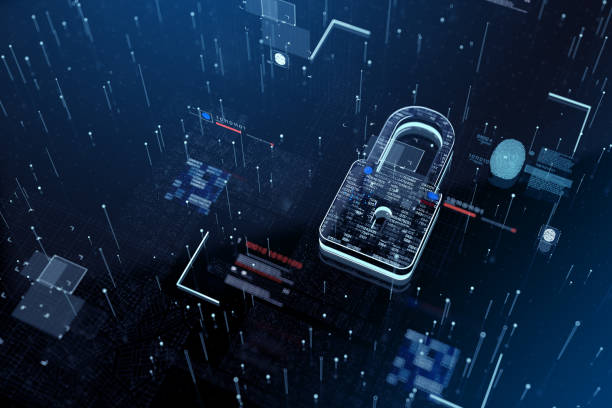BSIT -Cybersecurity

Philosophy
The Bachelor of Science in Information Technology (BSIT) is an interdisciplinary program that places primary emphasis on the core principles of Information Technology while also cultivating skills for creating businesses based on IT. The program aims to produce determined, skilled, and qualified professionals capable of addressing real-life IT problems. As IT practitioners, students are trained to apply and explore fundamental IT business development concepts with a strong emphasis on ethical and social awareness.
The BSIT degree represents a valuable investment, providing students with the tools to enter the technologically advanced world. Through engagement in various tasks such as designing, programming, understanding theoretical systems, networking, and more, students gain a competitive edge in the advanced and dynamic IT sector. Recognizing the ubiquitous role of IT in every sector, this course not only opens new paths but also presents diverse career opportunities for individuals interested in pursuing a future in Information Technology.
Overview
Westcliff University’s Bachelor of Science in Information Technology (BSIT) program, offered by the Presidential Graduate School, is a four-year, 120-credit program meticulously designed to cultivate mid and supportive-level IT practitioners. This unique program encompasses a broad spectrum of Information Communication Technology (ICT), ranging from its theoretical and mathematical foundations to cutting-edge developments in computer intelligent systems, robotics, computer vision, system design and development, bioinformatics, and data-mining/data warehousing. The school firmly believes that the diverse range of courses offered in this program produces competent IT professionals capable of meeting the demands of both domestic and global markets while thriving individually and professionally. This 4-year, 120-credit BSIT degree represents a high-value investment.
Furthermore, the degree empowers students to effectively apply their acquired skills in socioeconomic design and development. Graduates are equipped to independently engage in three distinct components:
1. Develop effective methods to solve various computing problems.
2. Invent modern, global applications of computers in IT sectors.
3. Innovate, design, develop, and implement software in alignment with global trends
This academic program not only provides students with a robust conceptual foundation but also imparts practical skills in various areas of ICT, ensuring they are well-prepared for the dynamic and evolving field of Information Technology.
Courses Content
The BScIT Cybersecurity concentration is designed to provide students with both theoretical knowledge and practical skills for implementing security measures across diverse digital environments. In an era of continuous technological advancement, Cybersecurity plays a pivotal role in safeguarding digital assets and sensitive information from evolving cyber threats and attacks.
This program empowers students not only to protect against threats but also to secure software and systems, monitor cyber operations, conduct digital forensics, and ensure compliance. By combining elements of computer science, data science, and risk management, it fortifies digital defenses and equips individuals to respond effectively to the ever-changing landscape of security challenges. Thus, it stands as an essential and dynamic component in safeguarding modern digital environments.
Through a comprehensive curriculum, students delve into best practices and principles for safeguarding data and networks against unauthorized access or tampering. They gain valuable insights into developing policies and strategies that ensure robust protection against a spectrum of cyber threats. This specialization prepares students to be proactive defenders in the realm of Cybersecurity, addressing the growing demand for skilled professionals in this critical field.
-
CYB 400Threat and Vulnerability Management3 Credit Hours
-
CYB 401Software and Systems Security3 Credit Hours
-
CYB 402Cyber Operations and Monitoring3 Credit Hours
-
CYB 403Digital forensics and incident response3 Credit Hours
-
CYB 404Compliance and Assessment3 Credit Hours
Learning Outcomes
What you'll learn
The Bachelor of Science in Information Technology offered by PBS in affiliation with Westcliff University encourages students to achieve the following educational outcomes:
-
Evaluate current and emerging technologies.
-
Identify and gather user requirements to design user-friendly interfaces.
-
Apply, configure, and manage IT technologies
-
Utilize data to help business gain insights to help them make better decisions.
-
Access IT impact on individuals, organization, and the environment.
-
Apply IT concepts and strategies to solve real world problem.
-
Conduct research in the field of information technology and related fields.
Enquiry





.jpeg)
